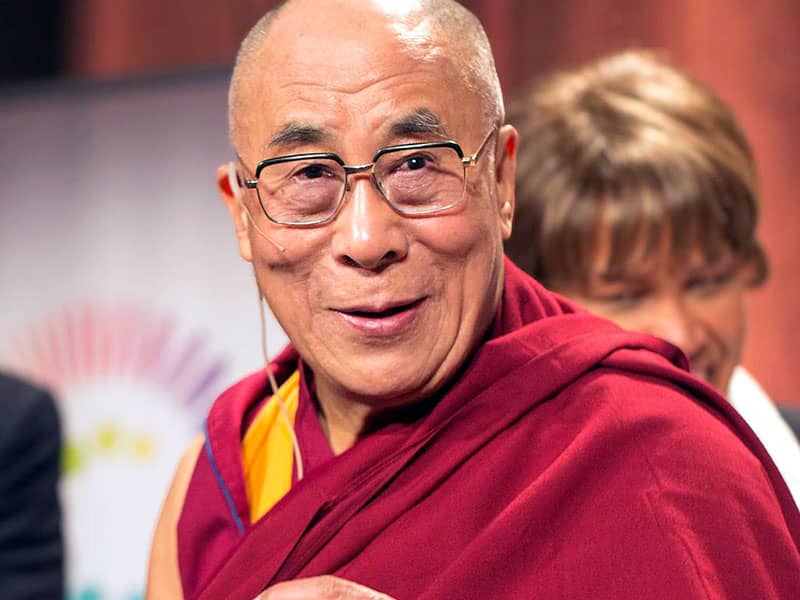IRVING - Grumpy could have used some Buddhist wisdom.
It might have prevented the irritable dwarf from listening to his "monster mind" and constantly stomping around in a foul mood.
Eleven students learned to counter their own non-happy thoughts this summer at the Vajradakini Buddhist Center for Meditation, on North MacArthur Boulevard.
"One of the most important things for kids is if they understand they can control their minds ... that gives them a sense of power and control," said Phil Roger, a Buddhist who taught the weeklong session.
The summer camp-like program could be compared to vacation Bible schools popular in Christian churches. During the week, the children studied an ancient Eastern religion through meditation, teachings, chanted prayers, art and drama. Most of the students have at least one Buddhist parent.
Mr. Roger said the idea is for the children to have fun while learning about Buddhist principles.
Buddhists believe that correct thinking and self-denial will enable their soul to reach nirvana, the state of enlightenment in which suffering ends and they can transcend rebirth. There are about 350 million Buddhists worldwide.
Mr. Roger said Buddhist teachings are intended to help people control their anger rather than suppress the feeling. The center's Web site, www.vajradakini.org, says that practicing Buddhist teachings helps people develop wisdom, cultivate a good heart and maintain a peaceful state of mind.
"If our mind is not peaceful, then even if we have ideal conditions, we find we are not happy," the site reads. "On the other hand, when we experience peaceful states of mind, we are happy even if external conditions are bad."
That doesn't mean Buddhists don't get mad.
Mr. Roger added that people reach nirvana by countering the bad karma from their former lives with good karma created in this lifetime.
Karma is a basic concept common to Hinduism, Buddhism and Jainism. It states that one's position in life is the result of both physical and mental actions in past lives, and that actions in this life help determine one's fate in future lives.
Many Buddhists living in today's society consider pure happiness a lofty goal because it's hard to develop a peaceful mind in a world full of distractions. Some practitioners spend years learning to totally clear their minds.
Kathy Woolsey, director of children's activities at the center, said the key to developing a clear mind is to meditate every day.
The Vajradakini center holds meditation sessions daily but didn't offer a children's meditation camp until last summer. Leaders now plan to offer the camp annually. They would like to offer a similar but more extensive program for high school students next summer.
Ms. Woolsey, who started studying Buddhism at age 50, said learning to meditate helps children - and adults - deal with anxiety.
"They go through so many emotional problems in puberty," she said. "If they could meditate [for a few minutes at the beginning of school], just think what the classrooms would be like."
Several children said meditation helps them steer clear of unhappy thoughts roaming around their monster minds and that they hope to reach nirvana someday.
Michael Ellis, 12, said he practiced the ancient mind-clearing technique when he discovered his brother sleeping in his favorite place. And Nikki Meyer, 13, said she put the practice to good use when the number of kids whom she was babysitting one day kept increasing.
Learning to meditate, a foundation of Buddhist practice, is attractive to people of many faiths because of its inclusiveness, Ms. Woolsey said.
"It centers you," she said. "Whenever you listen to the stillness of your heart, you know what's right and wrong."

